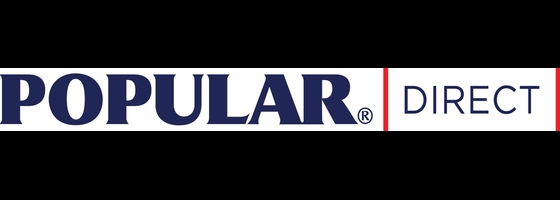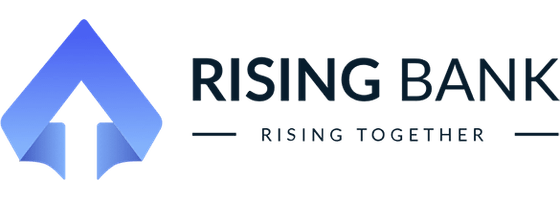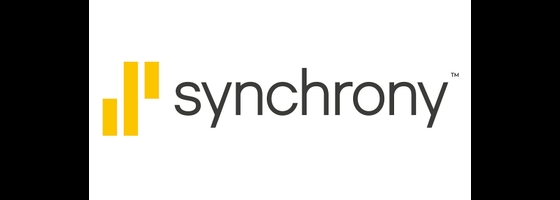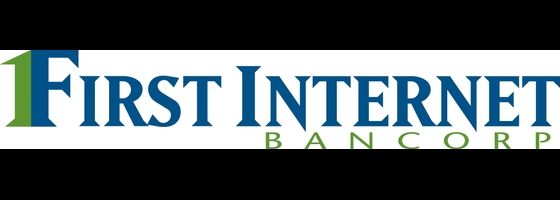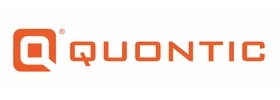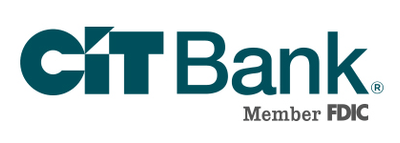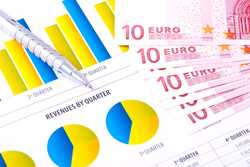10 Best 6-Month CD Rates of January 2025

Our evaluations and opinions are not influenced by our advertising relationships, but we may earn a commission from our partners’ links. This content is created by TIME Stamped, under TIME’s direction and produced in accordance with TIME’s editorial guidelines and overseen by TIME’s editorial staff. Learn more about it.
If you're looking for a way to earn interest in the short term, six-month certificates of deposit (CDs) are a great option. CDs typically offer the highest rates available at banks, often topping savings and money market accounts.
Many of the top online banks offer six-month CDs with competitive interest rates. Here's a look at the best six-month CD rates to help grow your money.
| Title | APY* | Min. deposit | Fees |
|---|---|---|---|
Popular Direct | 4.50% | $10,000 | Up to 730 days interest early withdrawl penalty fees |
Bank5 | 4.50% | $500 | 3 months interest early withdrawal penalty fees |
Rising Bank | 4.35% | $1,000 | 90 days interest early withdrawal fee |
Bask Bank | 4.45% | $1,000 | 90 days interest early penalty fees |
TAB | 5.27% | $1,000 | 90 days interest early withdrawal fees |
Synchrony Bank | 3.70% | $0 | 90 days interest early withdrawal penalty fees |
First Internet Bank | 4.35% | $1,000 | 180 days interest early withdrawal penalty fees |
Vio Bank | 4.30% | $500 | 1% of the amount withdrawn, plus a $25 early withdrawal penalty fees |
Quontic 6-Month CD | 4.25% | $500 | One year of interests |
CIT Bank 6-Month CD | 3.00% | $1,000 | Three months interest early withdrawal penalty fees |
Popular Direct, a division of Popular Bank, is known for its extremely competitive rates. Almost every one of its CD terms earns 5% APY or higher, including its six-month CD. The online bank requires a $10,000 deposit to open a CD account. For even more earning power, consider pairing a Popular Direct CD with the online bank’s high-yield savings account (HYSA).
You may not be familiar with Bank5 Connect, but its parent bank, BankFive, has been in business since the 1800s. The online bank offers CDs lasting anywhere from six months to three years. Its six-month option, with an APY of 5.50%, is by far its most competitive. You can open a CD through Bank5 Connect with a $500 minimum deposit.
Rising Bank is the online division of St. Louis-based Midwest BankCentre. Customers have several CD options to choose from, including standard term CDs, jumbo CDs and Rising CDs, which are bump-up CDs that allow a one-time rate bump if rates increase during your term. The bank also allows you to add more funds during your term with its Rising CDs. Rising Bank's six-month CD earns 4.35% APY and requires a $1,000 minimum deposit to open. Interest on six-month CDs compounds and is credited every three months.
Bask Bank doesn't offer as many CD terms as some of the other banks on this list, but the online bank makes up for it with extremely competitive rates. An annual percentage yield (APY) of 5.35% is among the best the bank offers and represents one of the highest rates on the market. A $1,000 minimum deposit is needed to open a CD through Bask.
RELATED: Bask Bank Review
TAB Bank is another top choice among online banks for high-yield CDs. A $1,000 minimum deposit is required to open one of TAB’s CDs, which range from six months to five years. TAB Bank began as a bank for the trucking industry but now offers banking and financial services for individuals and businesses. With TAB CDs, customers can choose to receive interest by check, bank transfer, or let it compound for more earnings.
Synchrony Bank is among the top online banks for its array of savings products. Synchrony CDs earn high rates. It's also the only bank on our list that doesn't require a minimum deposit, meaning you can open a CD with any balance. Read our full review for more details on the bank.
First Internet Bank has been offering some of the best rates since 1999 and its six-month CD continues that tradition. To open a CD, you'll need to deposit at least $1,000. The online bank also offers full-service banking and CD terms ranging from three months to five years.
Vio Bank’s CDs are a great way to build up savings quickly. The online bank offers CD terms ranging from six months to 10 years and competitive returns on each of them.You can open a CD through Vio with a $500 minimum deposit. Vio Bank also offers high-yield savings and money market accounts.
You can open a CD through Quontic Bank in minutes with as little as a $500 minimum deposit. The online bank is known for extremely competitive high-yield rates on CDs, which range from six months to five years. Interest on Quontic CDs compounds daily and is credited monthly.
CIT Bank offers eight CD terms ranging from six months to five years. Its longer CD terms offer lower interest rates than most online banks. However, CIT's six-month CD is among the best you'll find right now. You need a $1,000 minimum deposit to open a CD through the online bank.
RELATED: CIT Bank Review
To determine the best six-month CDs, we employed a comprehensive approach. Firstly, we completed a thorough comparison of interest rates across various banks, prioritizing those offering the highest APY for our chosen term.
Beyond rates, we considered other factors:
Ease of use and processes for opening an account were also considered, giving preference to CD accounts that could be opened online.
When selecting the best CD account, numerous factors need to be taken into account. The following are key points to consider in your CD selection process.
Rates: The higher the APY, the more interest you will earn on a CD.
RELATED: Best CD Rates
CD Term: CD terms can range from one month to five or more years. Consider how long you can live without the money you plan to deposit. If you need to access the funds before the account expires, you will likely be charged.
RELATED: Best 12-month CD Rates
Fees: Banks charge penalties when you withdraw funds from a CD before it reaches maturity.
Deposit requirements: Look for CDs with minimum deposit requirements that line up with the amount you want to deposit.
CD type: Banks may offer more than one type of CD, including no-penalty CDs and bump-up CDs.
If you take out money early from a CD, you will have to pay an early withdrawal penalty. Banks charge these fees to encourage customers to leave money in CDs untouched. CDs generally carry higher rates than other deposit accounts to compensate customers for not being able to access their funds whenever they wish.
The amount of the early withdrawal penalty depends on how long your CD term is and is usually equivalent to the amount of interest earned over a specific period. Generally, the longer your CD term, the more you'll have to pay if you take your money out early.
Six-month CDs offer guaranteed returns using a short-term strategy but aren't the only option to consider. Compare the following alternatives to six-month CDs.
High-yield savings accounts (HYSAs) work like regular savings accounts but earn higher APYs. Generally, HYSAs have low or no monthly service fees. You can find these accounts primarily at online banks.
Money market accounts typically come with high APYs and can include checking features, like a debit card and a checkbook. You may need a higher deposit to open a money market account or to earn interest, depending on the financial institution.
If you're okay with being separated from your money for a longer period, long-term CDs could be a good option. They typically offer higher interest rates than short-term CDs.
Investing in stocks is riskier than CDs but can offer higher returns. Dividend stocks pay out a portion of their profits to shareholders. That income stream, combined with potential capital appreciation, can result in you earning more than you could with a CD. However, investing in the stock market also requires taking on some risk.
RELATED: Best Long Term Investments
RELATED: Best Investments for Beginners
Six-month CDs offer a great opportunity to earn high-yield interest without tying up funds long-term. Consider your financial needs when choosing a CD. Compare online banks, credit unions, and traditional banks to find the best CD to reach your savings goals.
The information presented here is created by TIME Stamped and overseen by TIME editorial staff. To learn more, see our About Us page.
